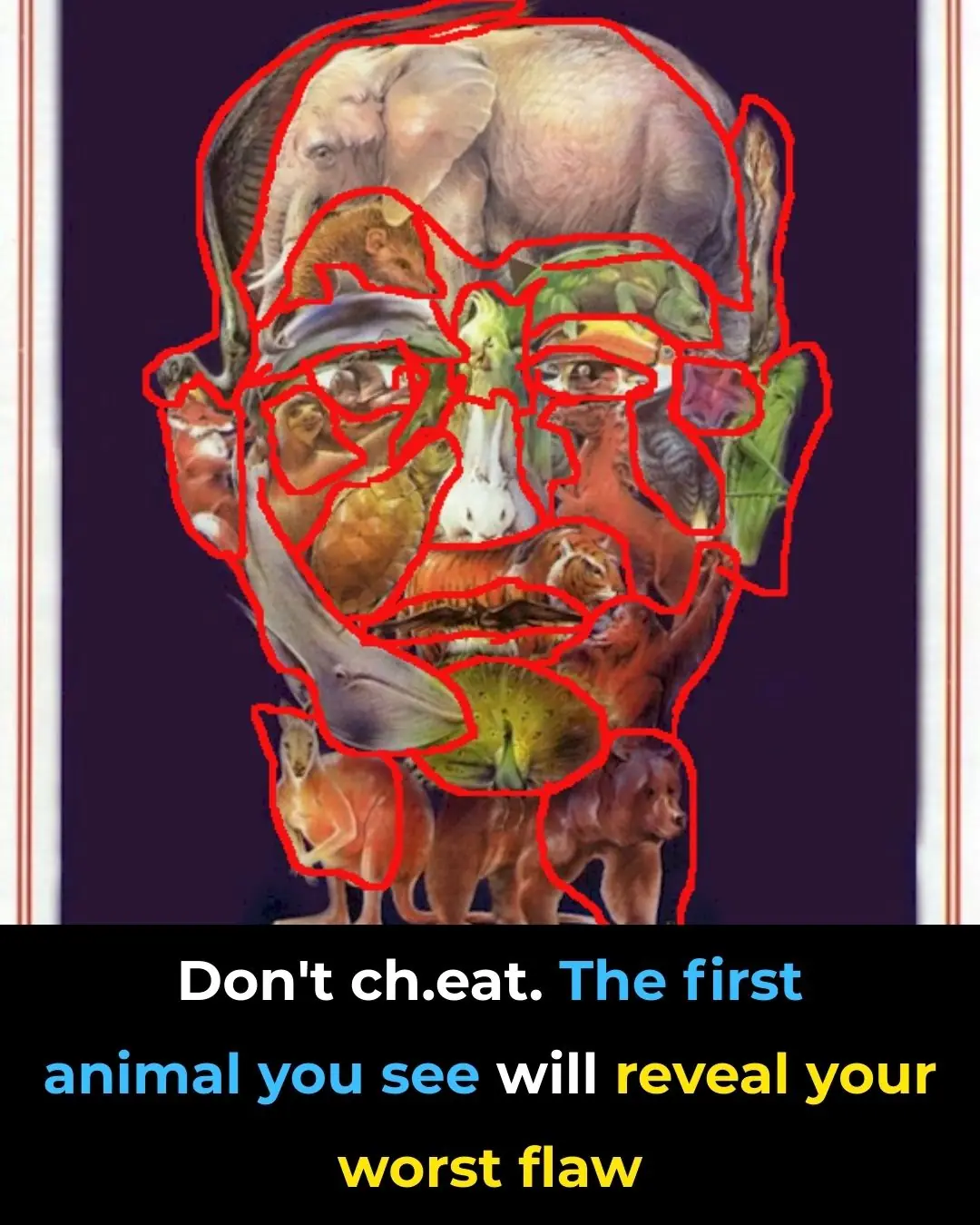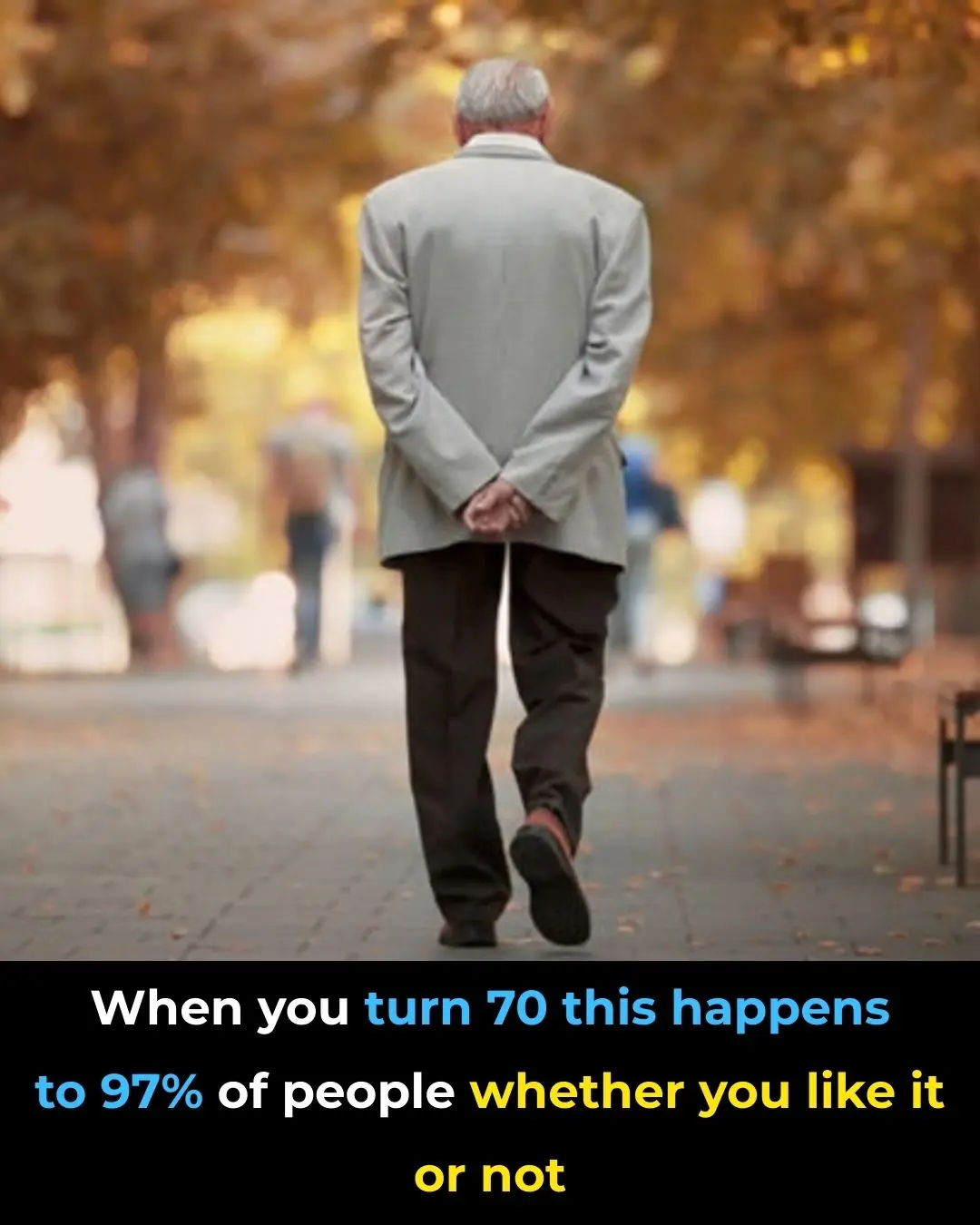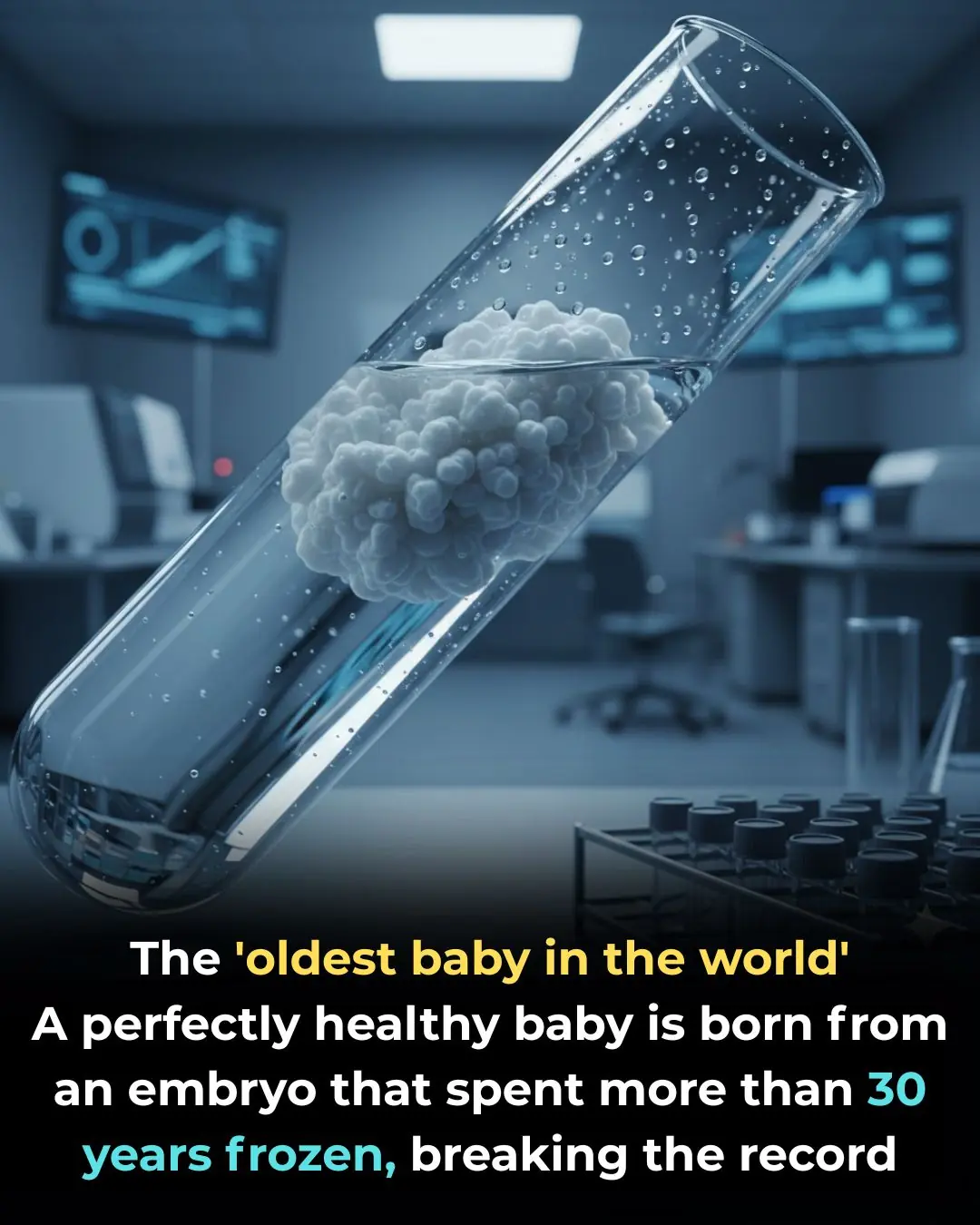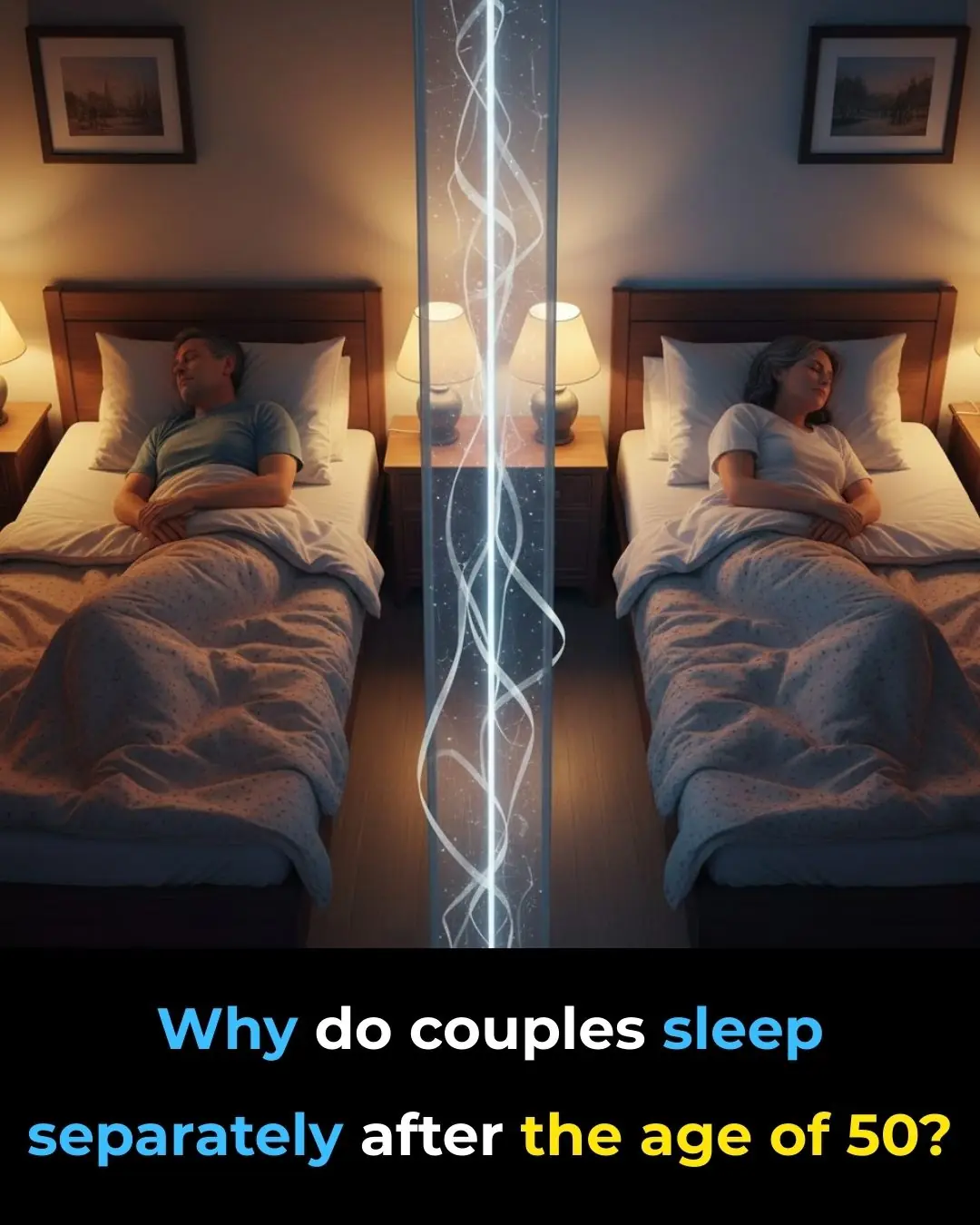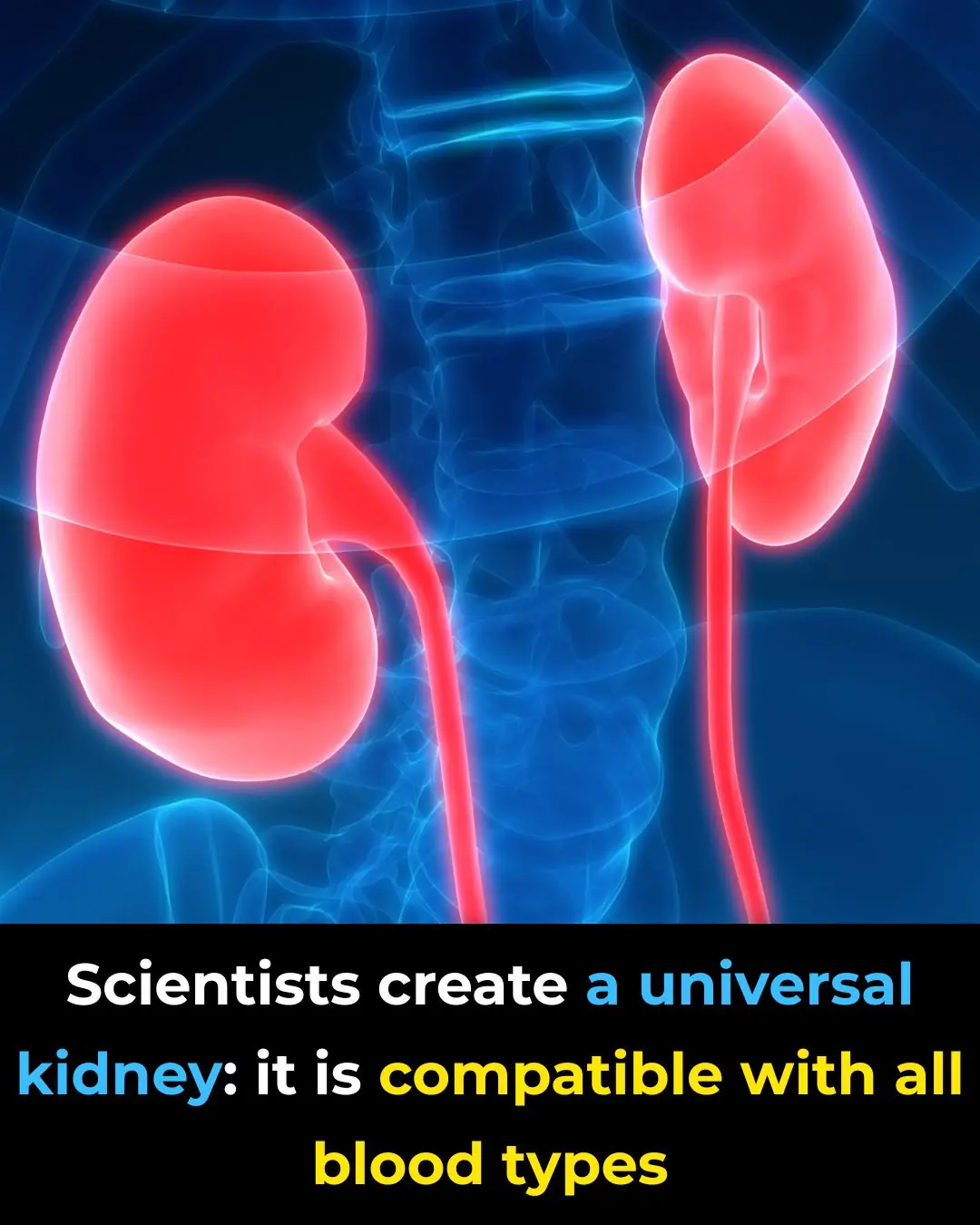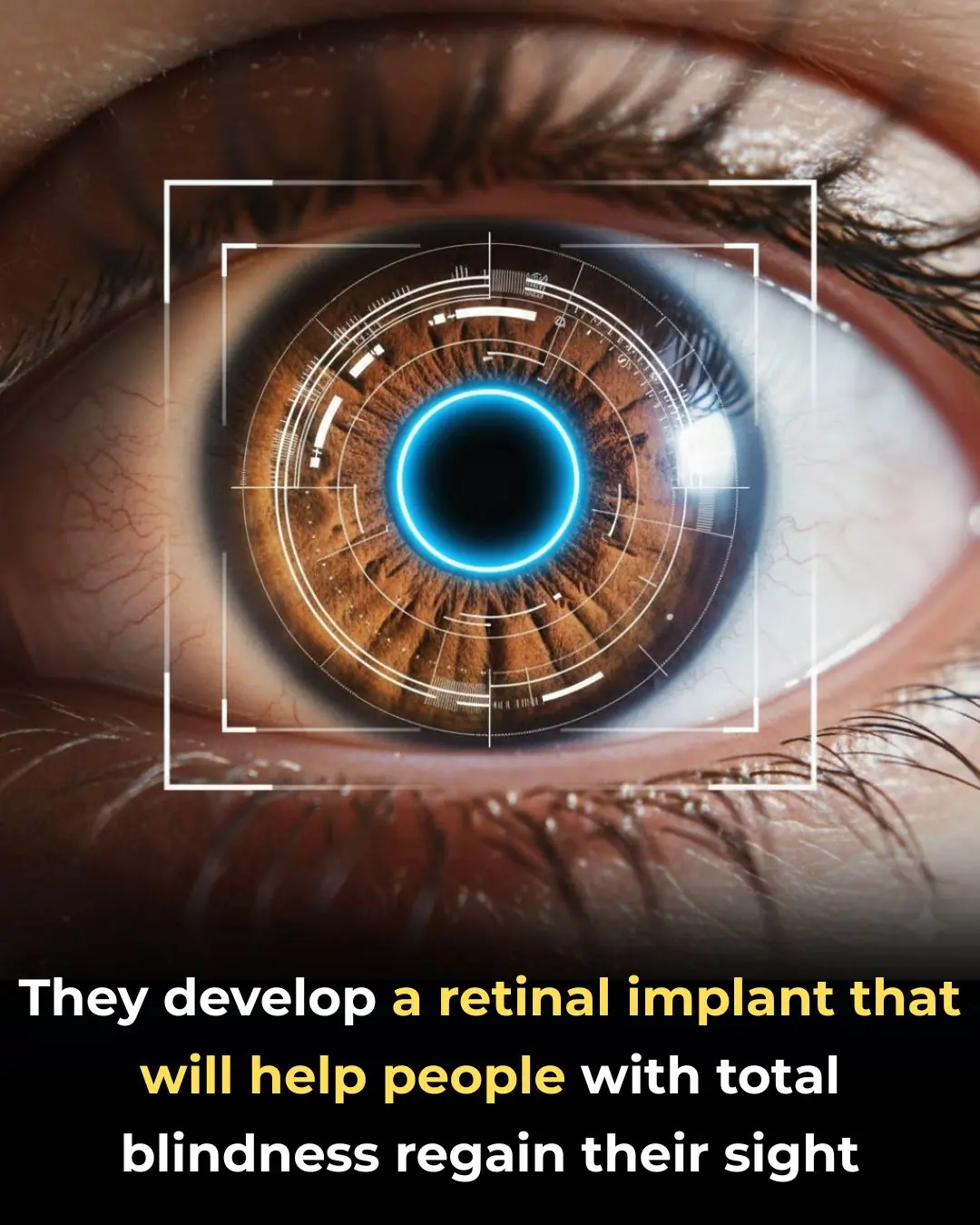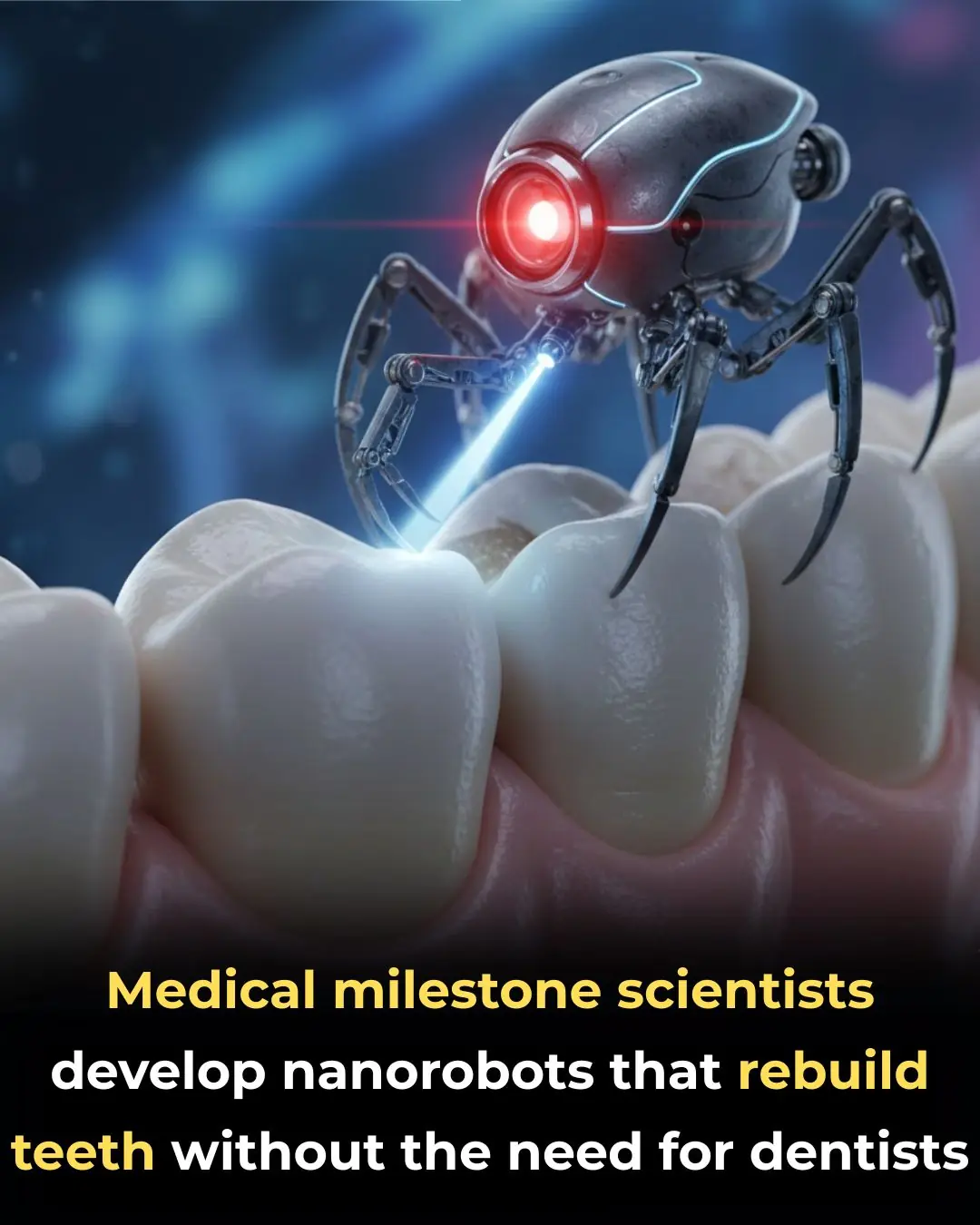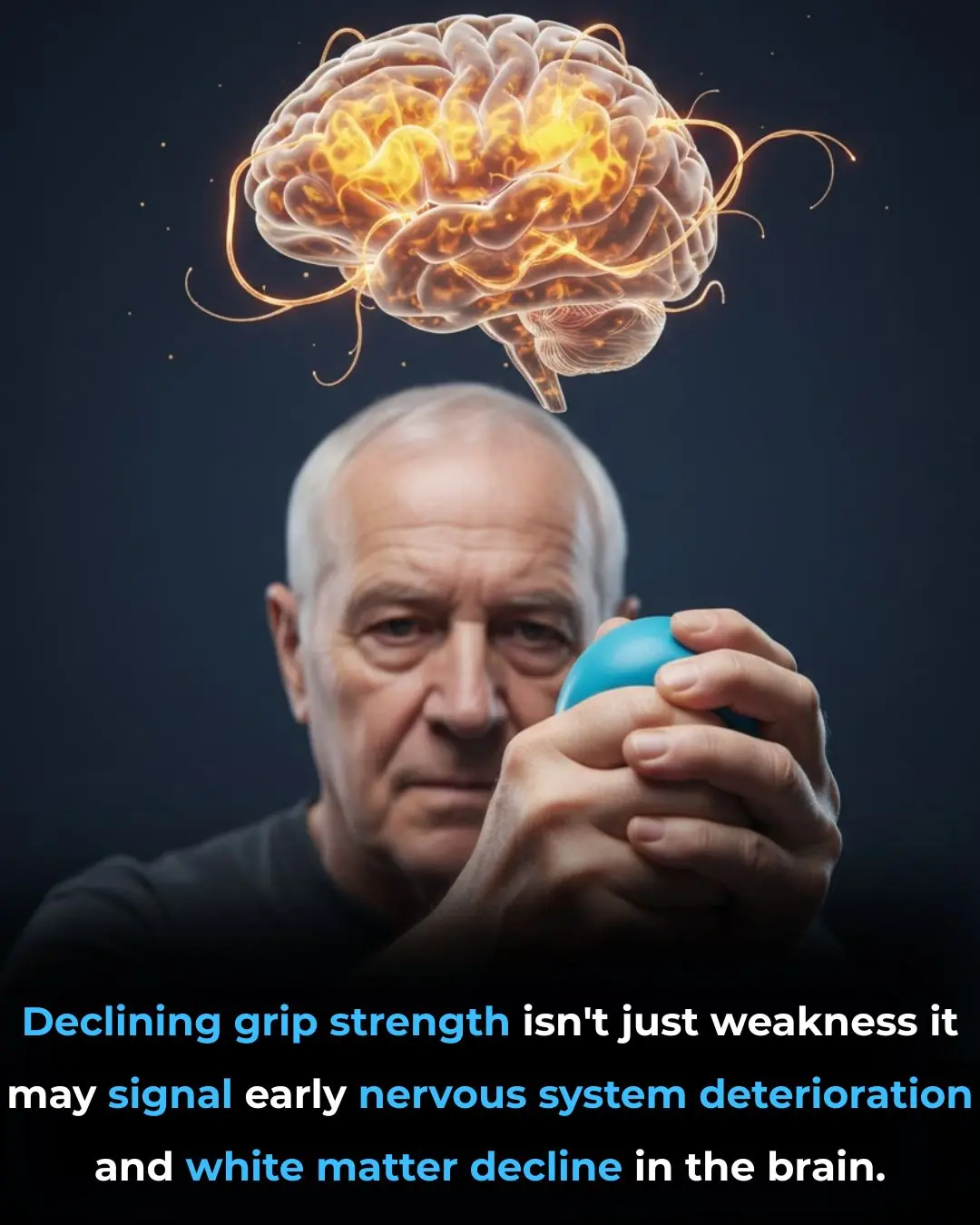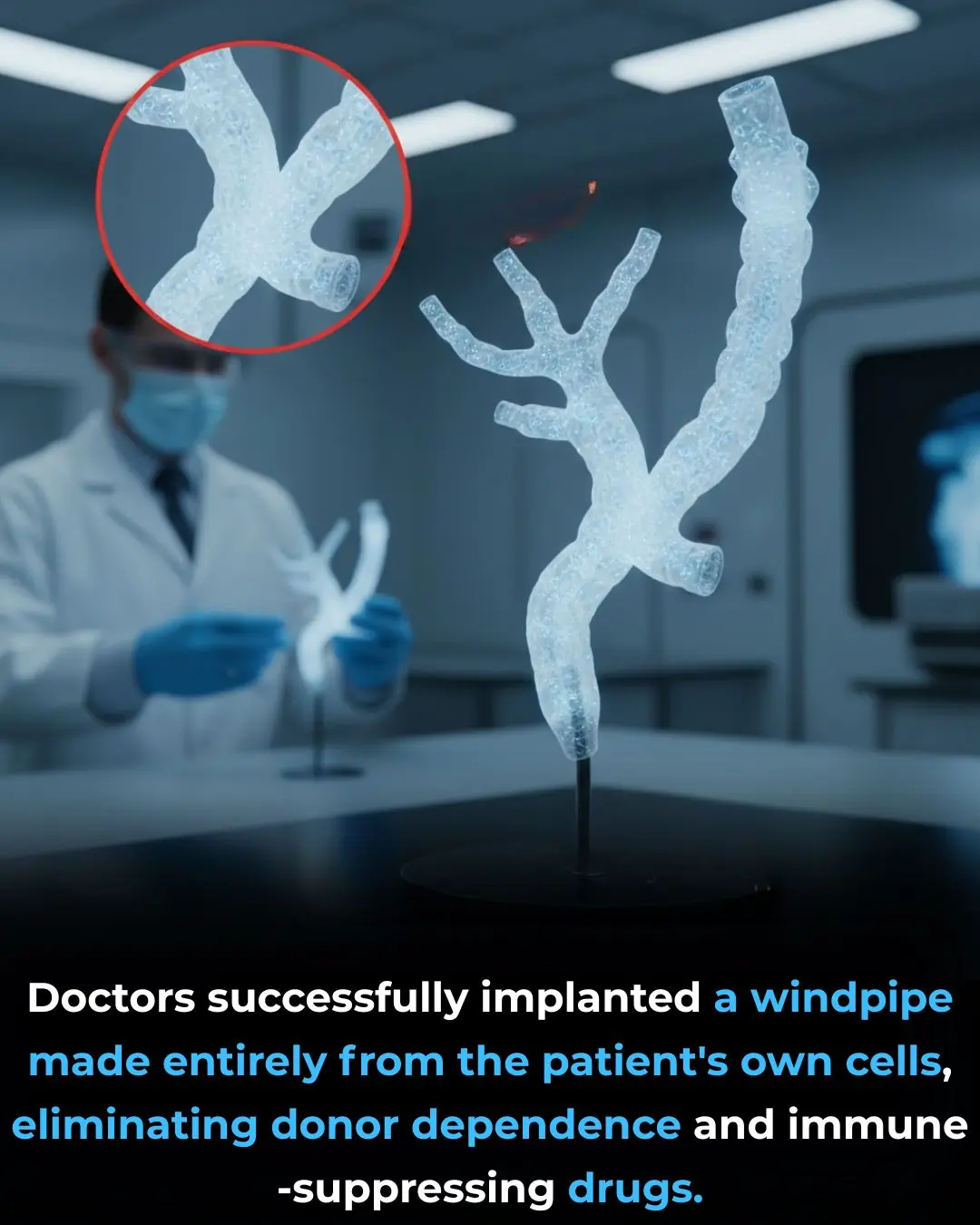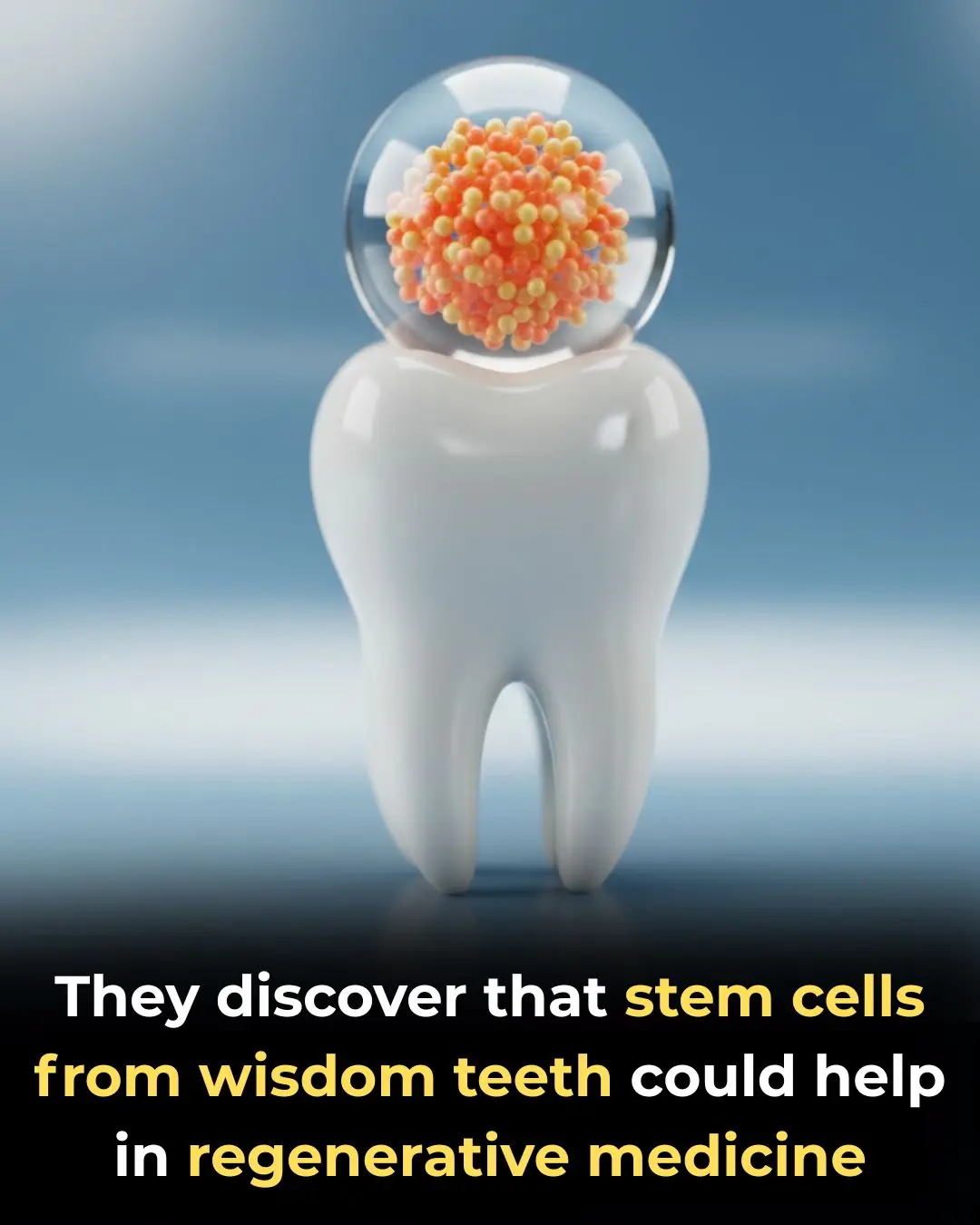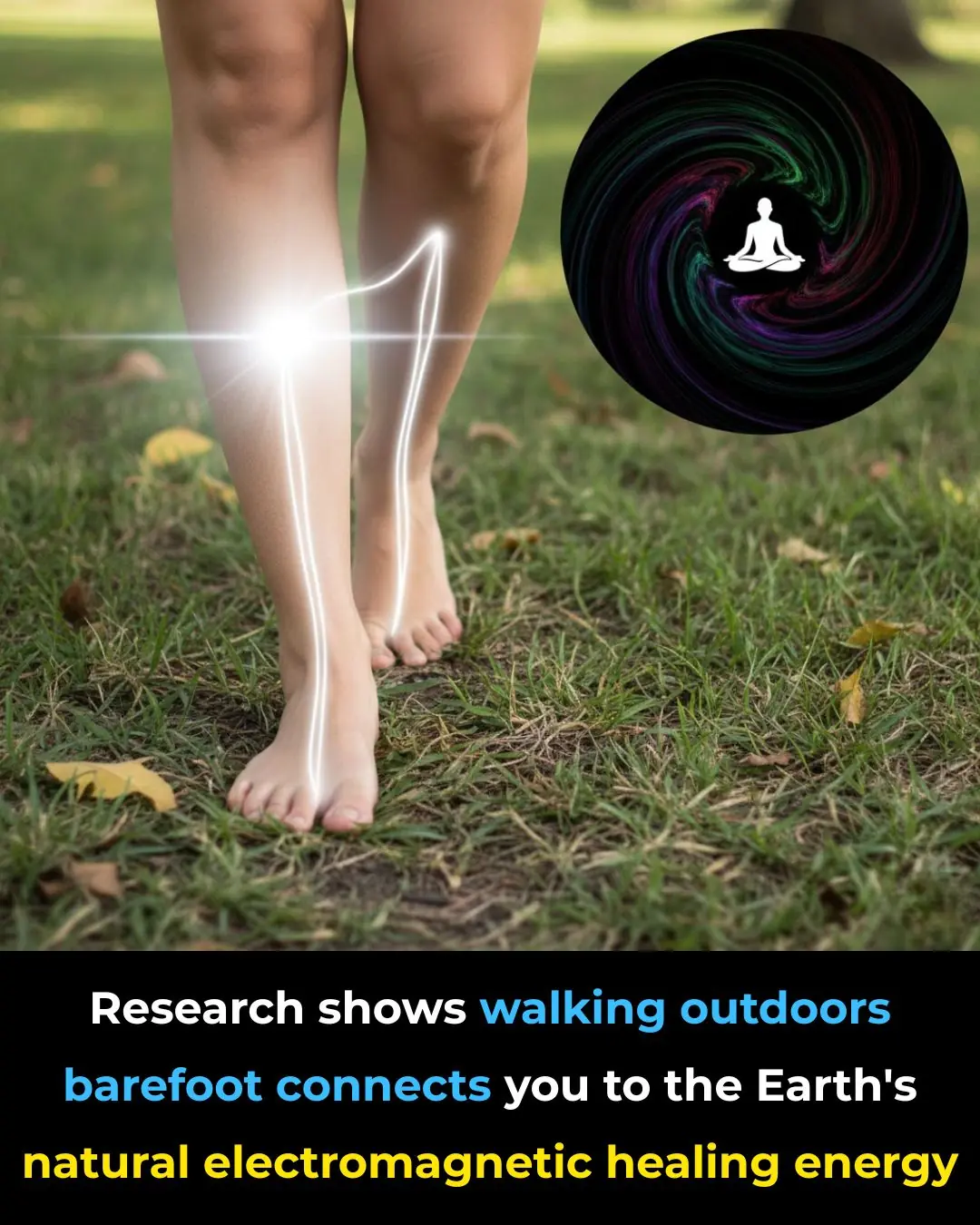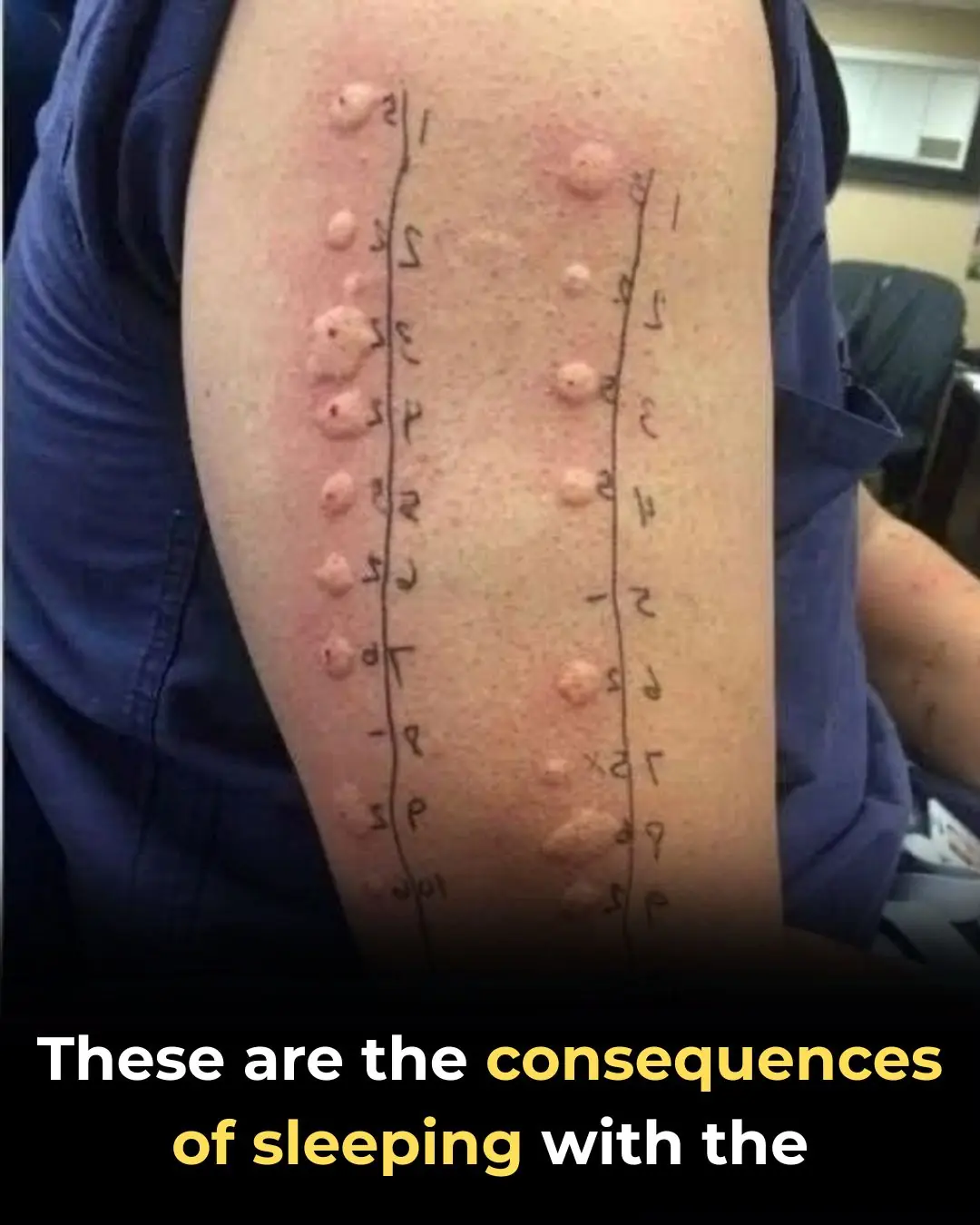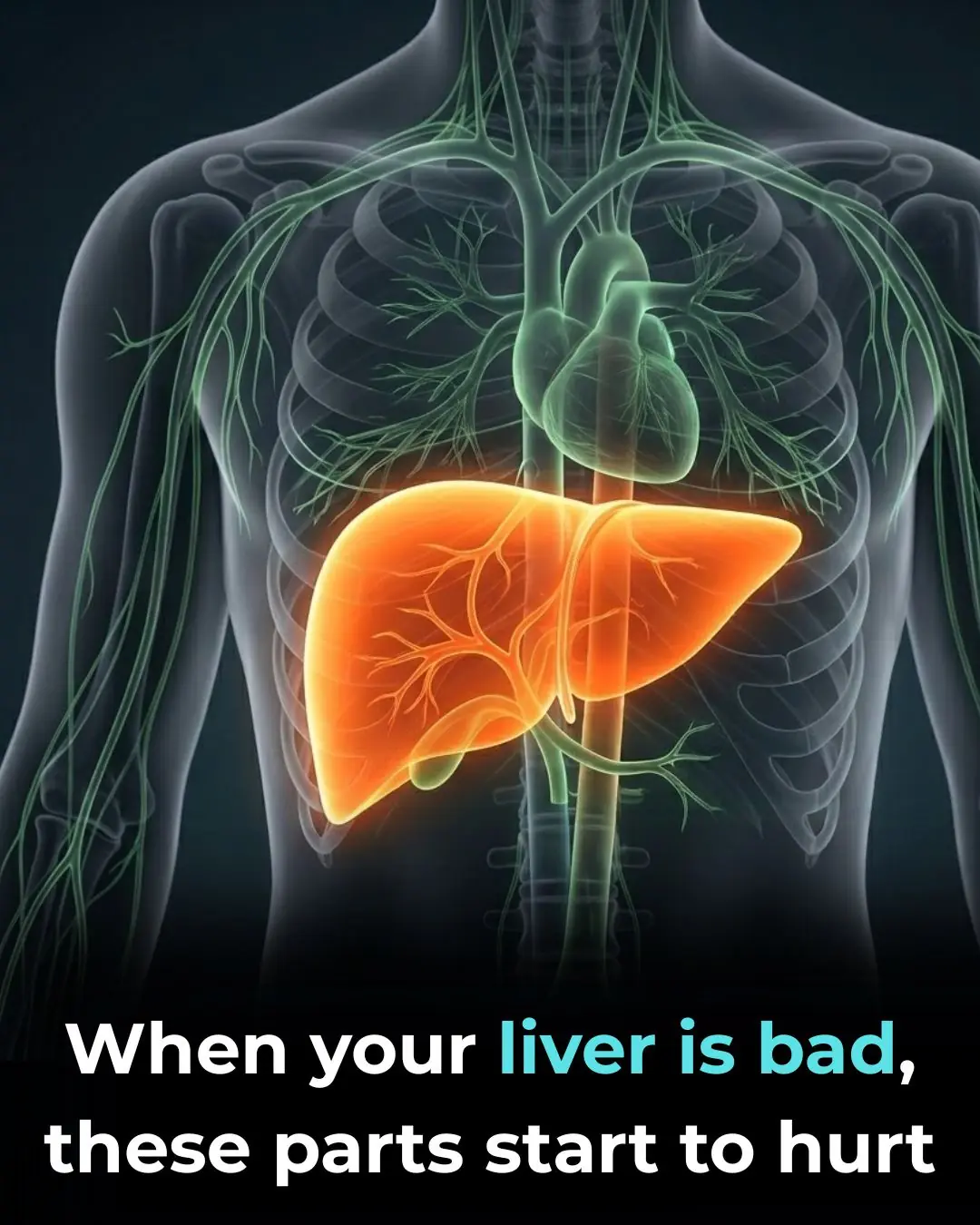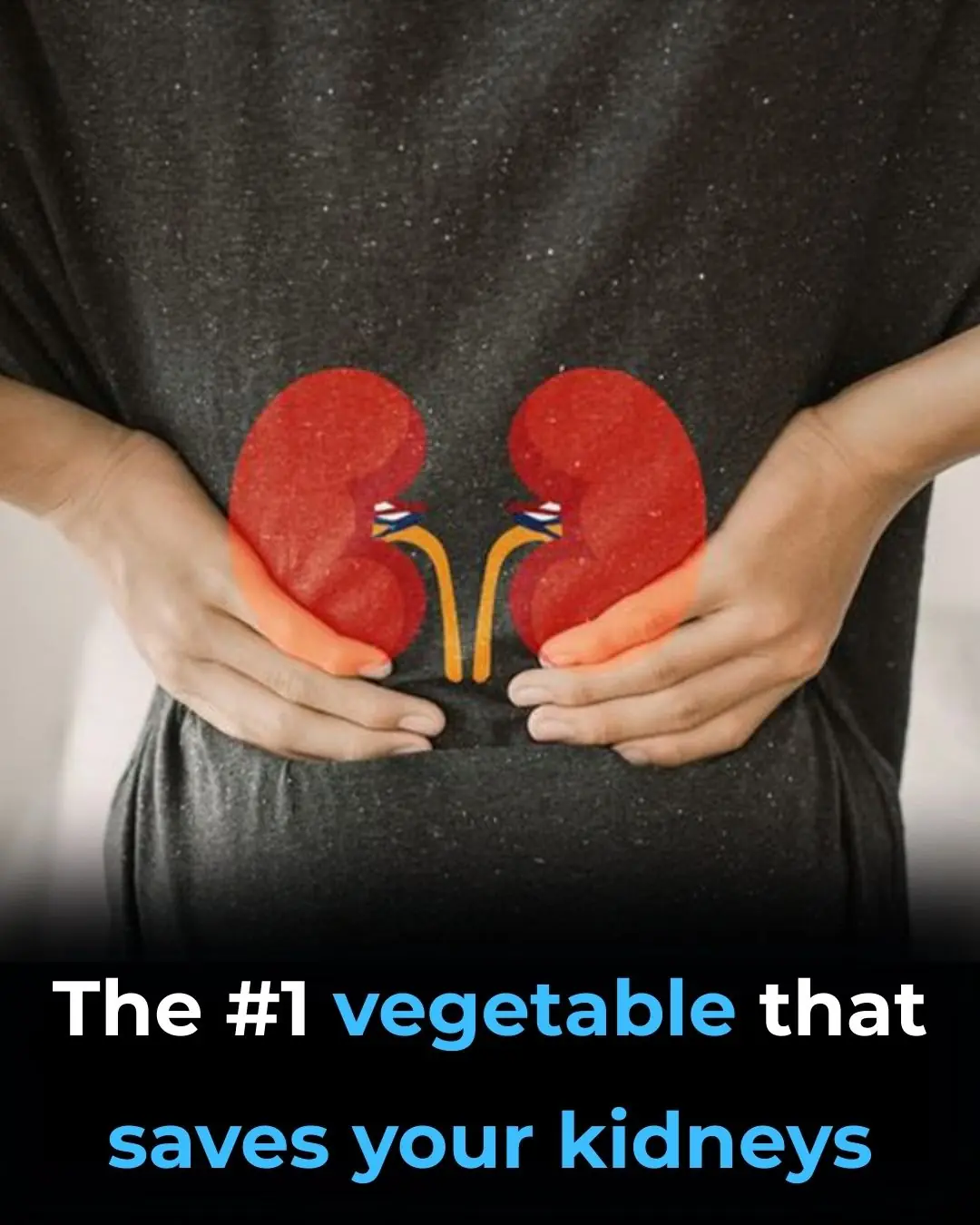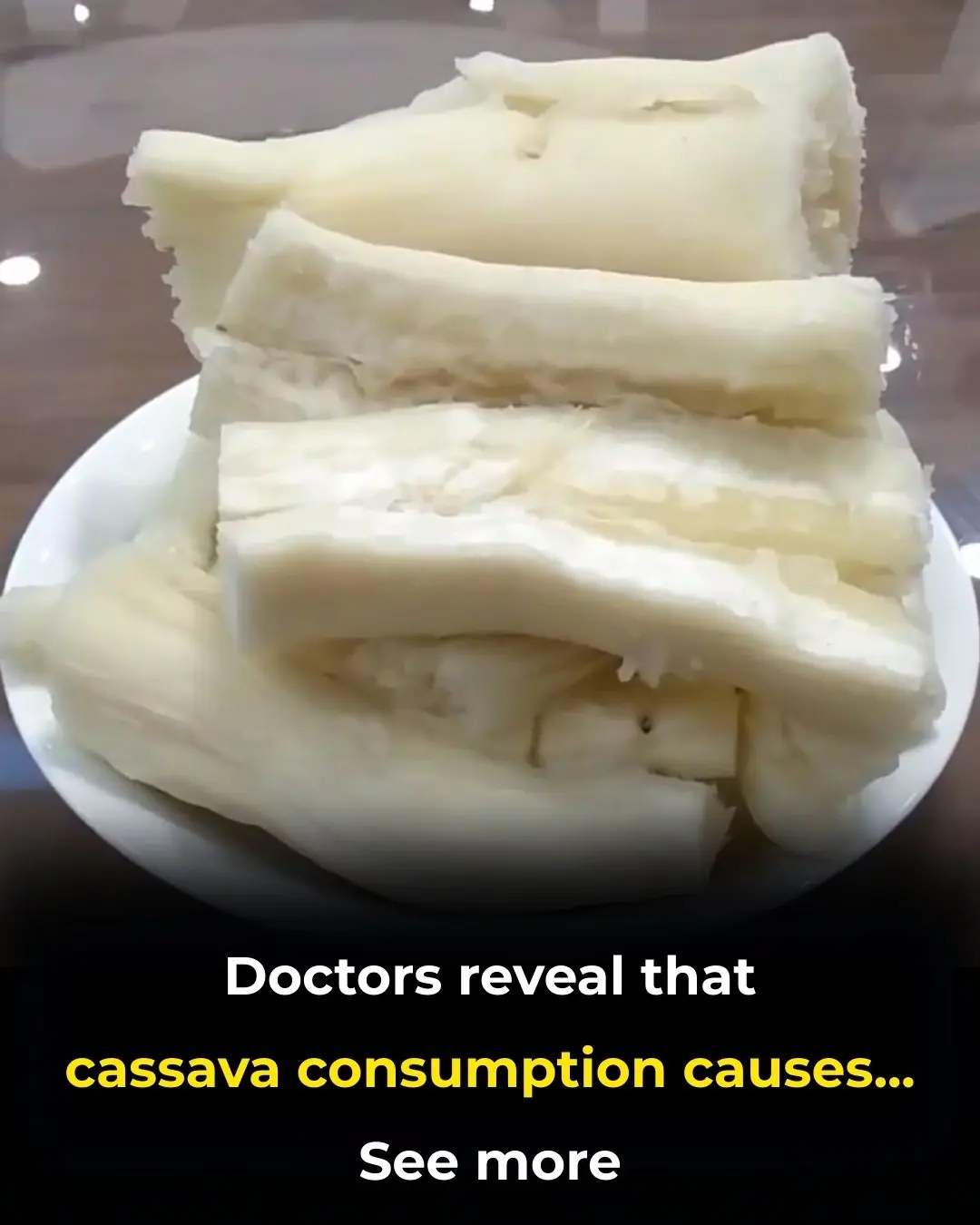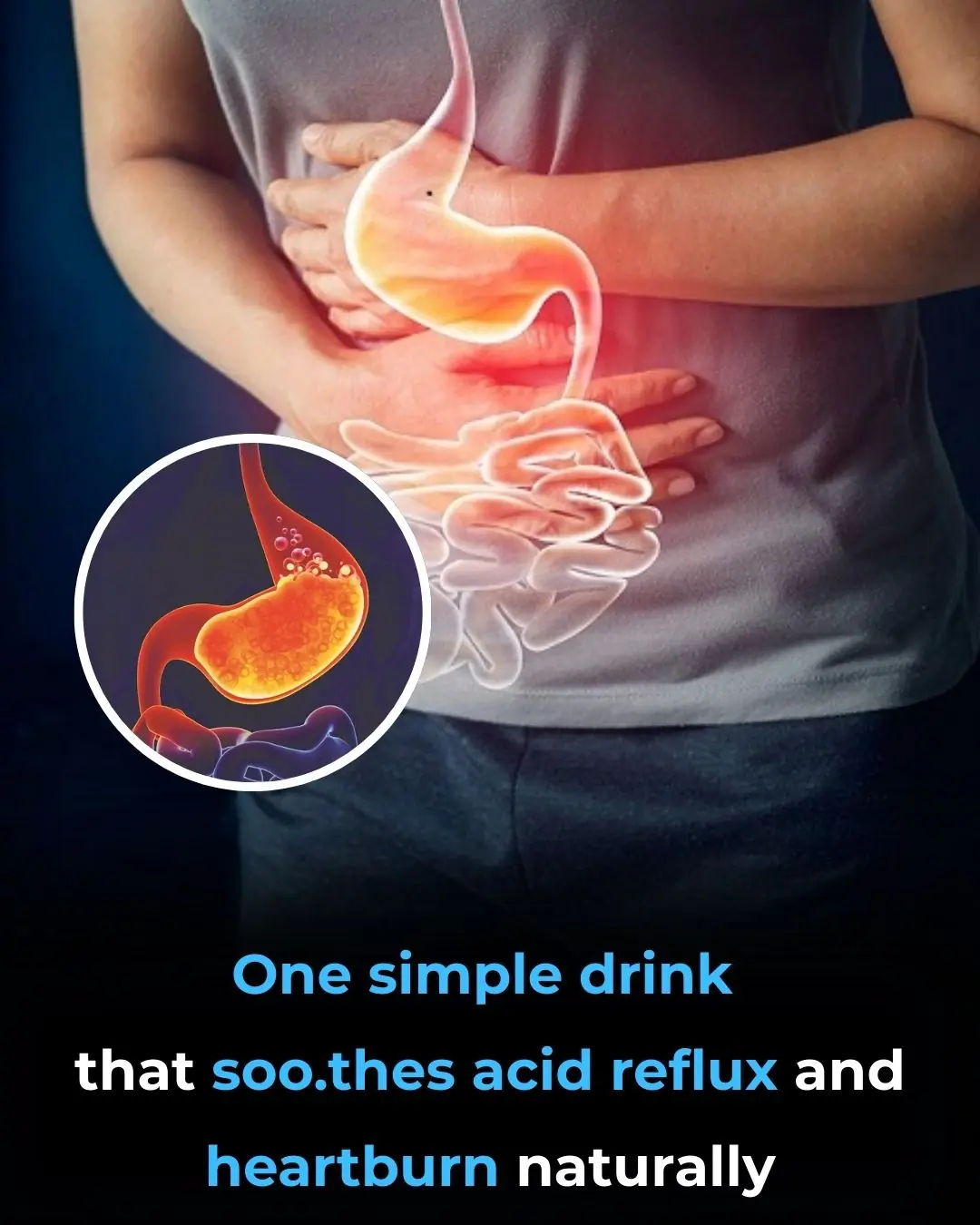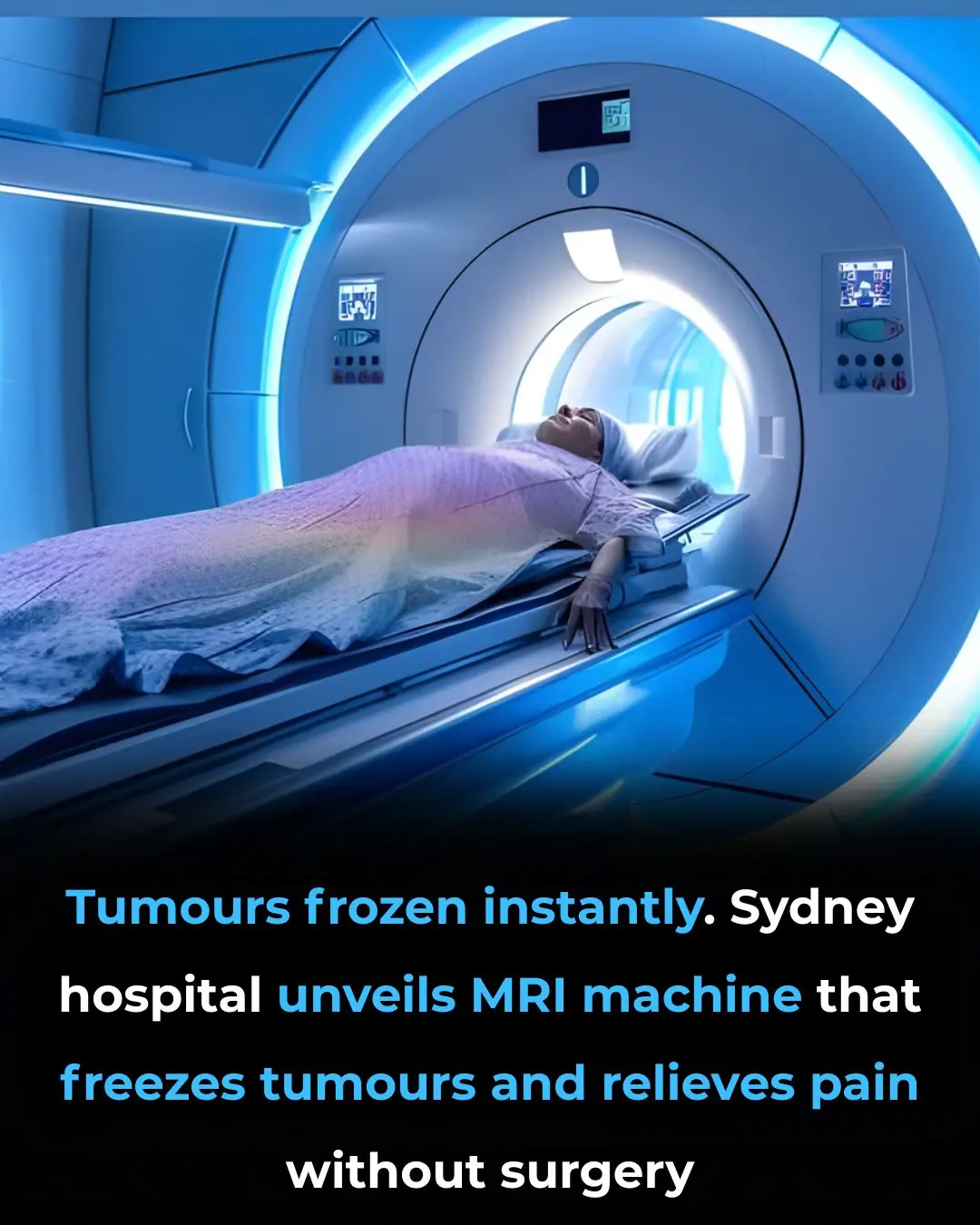
A groundbreaking advancement in cancer treatment has recently arrived in Sydney, offering new hope for patients with tumours. A state-of-the-art MRI machine now has the ability to freeze tumours, effectively alleviating pain without the need for invasive surgical procedures. This revolutionary technology uses precise cold therapy to target tumours, stopping their growth while preserving the surrounding healthy tissue. This non-invasive approach represents a significant leap in cancer treatment, providing patients with a less painful and more efficient alternative to traditional methods.
The new MRI machine, equipped with cutting-edge cold therapy, allows doctors to precisely locate and treat tumours. The process works by cooling the tumour to sub-zero temperatures, effectively freezing the cancerous cells and preventing further growth. Importantly, this treatment targets the tumour with such precision that surrounding healthy tissue is spared, reducing the risk of collateral damage and improving overall patient outcomes.
Patients undergoing this innovative treatment experience significantly less pain and shorter recovery times compared to traditional surgery. The procedure is entirely non-invasive, meaning there are no incisions, no stitches, and no prolonged hospital stays. This drastically reduces the physical and emotional toll on patients, who often face long and painful recoveries after conventional cancer surgeries. Moreover, as the treatment eliminates the need for a hospital stay, patients are able to return to their daily lives more quickly, enhancing their quality of life during and after treatment.
One of the key advantages of this MRI-guided freezing technique is its ability to offer a new treatment option for patients who previously had limited choices. Many patients with inoperable tumours or those at high risk for surgery are now finding relief through this innovative approach. The precision and non-invasive nature of the procedure make it an ideal solution for those looking for a safer, less traumatic alternative to traditional cancer treatments. By halting tumour growth with such accuracy, the treatment also reduces the need for further aggressive interventions, such as chemotherapy or radiation.
The combination of advanced imaging and therapeutic freezing is a major step forward in medical science, and it opens up new possibilities for the future of cancer care. This MRI technology allows doctors to navigate the complex landscape of cancer treatment more effectively than ever before. With its precise targeting capabilities, the technique helps doctors administer treatment more safely, offering improved outcomes for patients and reducing the risk of complications.
As this technology continues to evolve, the future of cancer treatment looks brighter and less painful. Innovations like this not only improve the efficiency of cancer care but also shift the focus towards more precise, patient-friendly methods. For patients, the ability to undergo treatment with minimal discomfort and disruption to their lives marks a significant improvement in their overall cancer care journey.
This breakthrough serves as a reminder of the ongoing advancements in medical technology, bringing hope to patients around the world who are seeking alternatives to traditional treatments. The success of the MRI-guided freezing technique represents a huge leap forward in the fight against cancer, making treatments less invasive, more precise, and far more hopeful. With continued innovation in this field, the future of cancer treatment is becoming increasingly focused on providing patients with better, less traumatic care.
Sources:
-
The Cancer Council Australia (www.cancer.org.au)
-
Australian Medical Association (www.ama.com.au)
-
Health Innovation Hub (www.healthinnovationhub.com)
